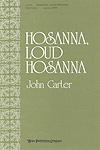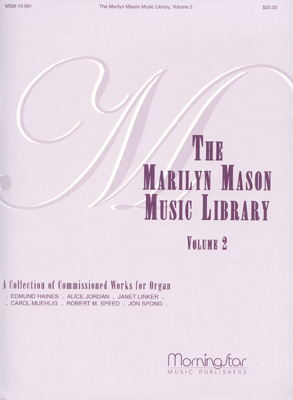- |
User Links
The LORD is King, Enthroned in Might
Hymn Information
- First Line
- The LORD is king, enthroned in might
- Author
- Timothy Dudley-Smith, b. 1926
- Tune Name
- ELLACOMBE
- Tune Source
- <cite>Gesangbuch der Herzogl</cite>, Hofkapelle, Würtemberg, 1784
- Topic
- Biblical Names and Places: Pillar of Cloud/Pillar of Fire · God as: King · Law of God · Praise of God
Copyright Information
- Text Copyright
- © 2007 Hope Publishing Company
- Tune Copyright
- Public Domain
- Reprint/Projection Information
- Words: Permitted with a license from CCLI.com or from OneLicense.net. If you do not own one of these licenses, please contact the copyright holder for permission.
- Music: The Music is in the Public Domain; you do not need permission to project or reprint the Music.
Full Text
Scripture References
Confessions and Statements of Faith References
Further Reflections on Confessions and Statements of Faith References
It is vitally important that worshipers understand the role of God’s law among us. God gives his law to us, not so that we can earn his favor by full obedience, for even those converted to God cannot obey this law perfectly. Heidelberg Catechism, Lord’s Day 44, Question and Answer 114 says, “In this life even the holiest have only a small beginning of this obedience.” Instead, says Heidelberg Catechism, Lord’s Day 2, Question and Answer 3, through this law “we come to know [our] misery.”
Yet in their new life of gratitude, God’s children “with all seriousness of purpose, do begin to live according to all, not only some, of God’s commandments” (Heidelberg Catechism, Lord’s Day 44, Question and Answer 114). They measure their good works of gratitude as “those which are done out of true faith, conform to God’s law, and are done for God’s glory” (Heidelberg Catechism, Lord’s Day 33, Question and Answer 91).
In other words, though Christ has fulfilled the law for us, “The truth and substance of these things remain for us in Jesus Christ…[and] we continue to use the witnesses drawn from the law and prophets to confirm us in the gospel and to regulate our lives with full integrity for the glory of God according to the will of God” (Belgic Confession, Article 25). Therefore, the Ten Commandments with explanation are included in the third section, “gratitude,” (Lord’s Days 34-44) of Heidelberg Catechism.
The LORD is King, Enthroned in Might
Additional Prayers
O magnify the God of grace who hears his people’s cry.
Come with songs before his face, exalt his name on high!
To see at last, O God, by grace restored from sin
your holy mountain where you in glory reign. Amen.
The LORD is King, Enthroned in Might
Tune Information
- Name
- ELLACOMBE
- Key
- A Major
- Meter
- 8.6.8.6 D


 My Starred Hymns
My Starred Hymns






